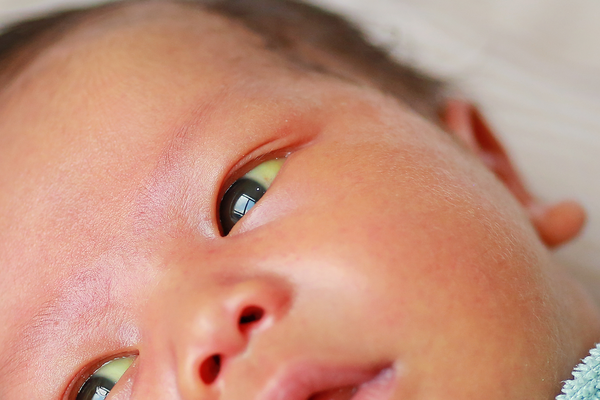
Jaundice in Babies: A Comprehensive Guide for Parents
Jaundice is a common condition in newborns, affecting approximately 60% of babies. It occurs when there is a buildup of bilirubin, a yellow pigment produced when red blood cells break down. While most cases of jaundice are mild and resolve on their own, some can be more severe and require medical attention.
What Causes Jaundice in Babies?
The most common cause of jaundice in newborns is physiological jaundice. This type of jaundice is caused by the baby’s immature liver, which is unable to process bilirubin efficiently. Other causes of jaundice in babies include:
- Breast milk jaundice: This type of jaundice is caused by a substance in breast milk that can interfere with the baby’s ability to process bilirubin.
- Cholestasis: This condition occurs when there is a blockage in the bile ducts, which prevents bilirubin from flowing out of the liver.
- Hemolytic disease: This condition occurs when the baby’s red blood cells are destroyed prematurely, leading to a buildup of bilirubin.
- Liver disease: Jaundice can be a symptom of liver disease, such as hepatitis or cirrhosis.
Symptoms of Jaundice in Babies
The most noticeable symptom of jaundice is yellowing of the skin and whites of the eyes. Other symptoms may include:
- Dark yellow urine
- Pale stools
- Lethargy
- Irritability
- Poor feeding
Diagnosis of Jaundice in Babies
Jaundice is diagnosed based on a physical examination and blood tests. The blood tests measure the level of bilirubin in the baby’s blood.
Treatment of Jaundice in Babies
Most cases of physiological jaundice do not require treatment and will resolve on their own within a few weeks. However, more severe cases may require treatment, such as:
- Phototherapy: This treatment involves exposing the baby to special lights that help break down bilirubin.
- Exchange transfusion: This procedure involves replacing the baby’s blood with donor blood to remove excess bilirubin.
Complications of Jaundice in Babies
If left untreated, severe jaundice can lead to complications, such as:
- Kernicterus: This condition occurs when bilirubin levels become dangerously high and can cause damage to the brain.
- Liver damage: Jaundice can damage the liver, leading to liver failure.
- Death: In rare cases, severe jaundice can be fatal.
Prevention of Jaundice in Babies
There is no sure way to prevent jaundice in babies, but there are some things that can be done to reduce the risk, such as:
- Breastfeeding: Breastfeeding can help prevent breast milk jaundice.
- Avoiding certain medications: Some medications can increase the risk of jaundice in babies.
- Treating underlying conditions: Treating underlying conditions, such as liver disease or hemolytic disease, can help prevent jaundice.
When to Seek Medical Attention
If your baby has jaundice, it is important to seek medical attention if:
- The jaundice appears within the first 24 hours of life.
- The jaundice is severe or worsening.
- Your baby is not feeding well or is lethargic.
- Your baby has other symptoms, such as dark yellow urine or pale stools.
Conclusion
Jaundice is a common condition in newborns that is usually mild and resolves on its own. However, some cases can be more severe and require medical attention. By understanding the causes, symptoms, and treatment options for jaundice, parents can help ensure their baby receives the best possible care.
